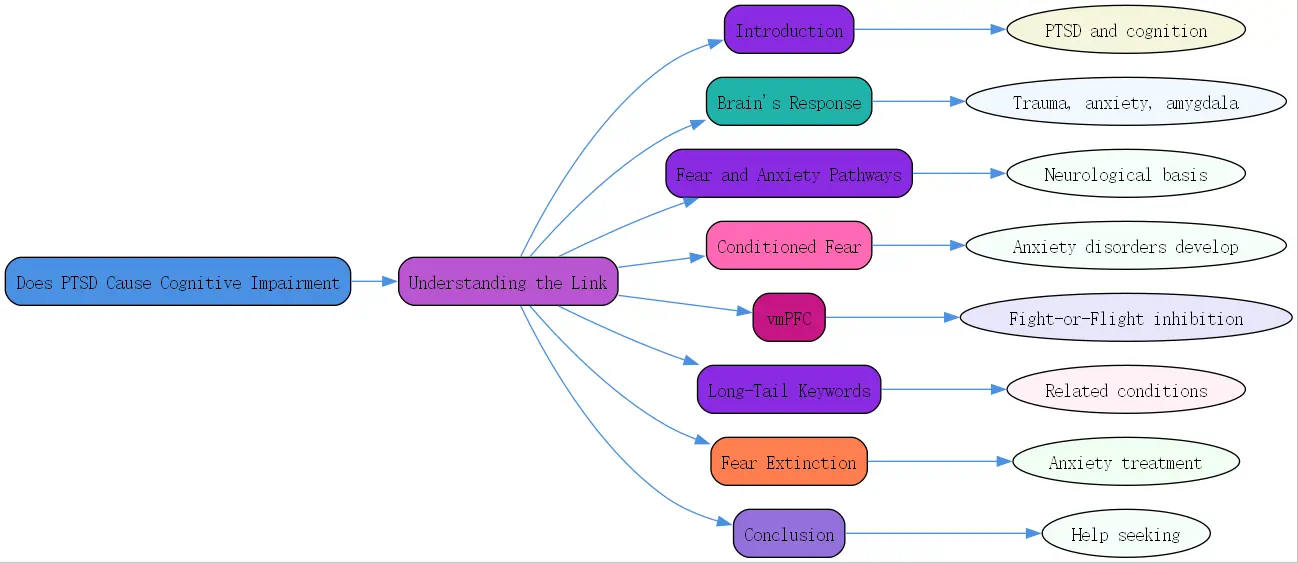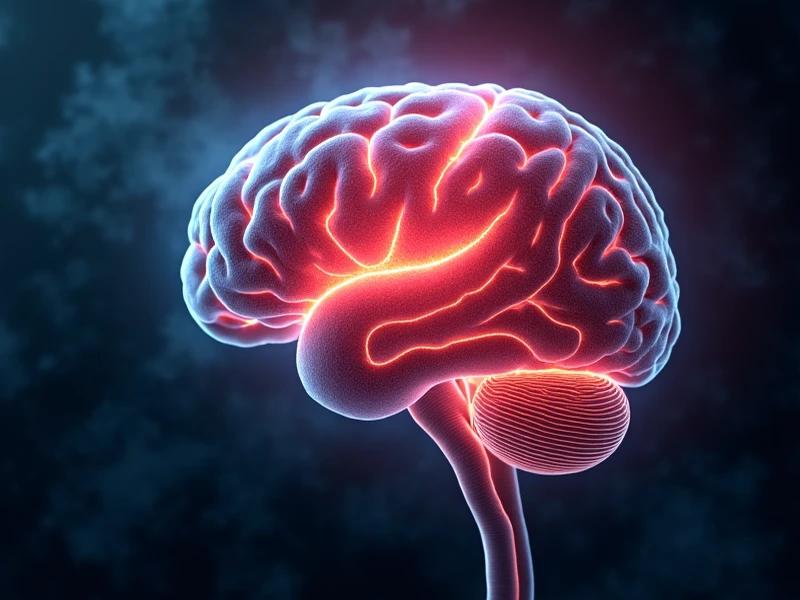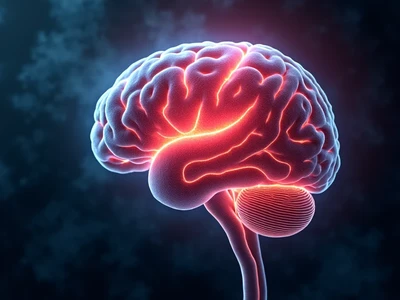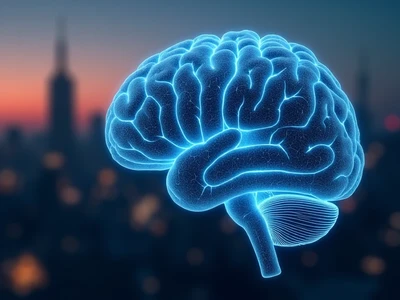Does PTSD Cause Cognitive Impairment? Understanding the Link

Introduction to PTSD and Cognitive Function

Post-Traumatic Stress Disorder (PTSD) is a mental health condition triggered by witnessing or experiencing a terrifying event. It is characterized by intense, disturbing thoughts and feelings related to the experience that last long after the traumatic event has ended. Cognitive impairment, on the other hand, refers to difficulties with memory, learning, concentration, and decision-making. A critical query that arises in this context is – Does PTSD cause cognitive impairment? This article delves deep into this question by exploring the psychological and neurobiological underpinnings.
The Brain’s Response to Trauma: Anxiety, Fear, and the Amygdala
Anxiety is often a response to a perceived threat. The brain, particularly the amygdala, plays a crucial role in this process. Known as the “”fear center,”” the amygdala is situated within the temporal lobe, anterior to the hippocampus. Its primary responsibility is initiating the fight-or-flight response critical for survival. Key brain structures like the prefrontal cortex, specifically the orbital frontal cortex, hippocampus, and the brainstem are intricately involved in managing our response to anxiety.
The Neurological Pathways of Fear and Anxiety
The amygdala receives inputs from several areas of the brain such as the thalamus, sensory cortices processing our senses like vision and touch, and crucially, the hippocampus which is vital for memory. These signals converge at the lateral nucleus of the amygdala, propagating to the basal and central nucleus, the latter being a primary pathway in our fight-or-flight response. The central nucleus significantly affects the hypothalamus and brainstem, which are key in autonomic and stress responses, regulating everything from heart rate to cortisol release, the stress hormone.
Conditioned Fear and the Development of Anxiety Disorders
Using classical conditioning as a framework, PTSD and anxiety disorders can develop through a process whereby neutral environmental cues become associated with traumatic events, thus triggering conditioned fear responses. This understanding is pivotal in identifying how traumatic experiences can reshape normal responses into prolonged states of anxiety and stress which may contribute to cognitive disturbances.
The Ventromedial Prefrontal Cortex and Inhibiting the Fight-or-Flight Response
The ventromedial prefrontal cortex and the orbital frontal cortex serve a regulatory function, imposing inhibitory effects on the amygdala thus helping to control the fight-or-flight response. Damage to these areas can impair this inhibitory capability, leading to unchecked stress responses and potentially contributing to lasting cognitive impairment in individuals with PTSD. Proper functioning of these cortical areas is crucial for managing anxiety and preserving cognitive integrity.
Long-Tail Keywords and Related Conditions
- Does anxiety cause diarrhea? Anxiety can indeed influence digestive processes, leading to symptoms like diarrhea due to the gut-brain connection.
- Does PTSD cause urinary frequency? This condition can lead to an increase in urinary frequency, tied to its impact on the body’s stress response systems.
- Can PTSD cause cognitive impairment? Research increasingly supports that PTSD can lead to difficulties in memory, attention, and decision-making processes.
- Does porn cause anxiety? While not directly triggering anxiety, excessive consumption can lead to stress and emotional disturbances, impacting an individual’s mental health.
Conditioned Fear Extinction and Anxiety Treatment
Conditioned fear extinction is a therapeutic approach where exposure to the neutral stimuli, without the traumatic outcome, gradually leads to a diminished fear response. This method, supported by repeated controlled exposures, helps retrain the brain to disconnect the fear response from the stimuli, effectively managing anxiety disorders and aiding in cognitive restoration.
Conclusion: PTSD, Cognitive Impairment, and Seeking Help






